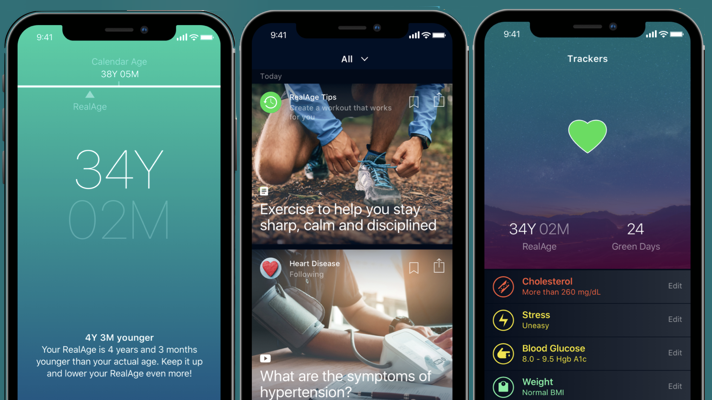A news like this yesterday was posted on Weibo. According to the US Science and Technology Times, there are Research findings< /a>Adolescents who spend more than 3 hours on social media platforms are 60% more likely to suffer from mental illnesses such as anxiety and depression than others.
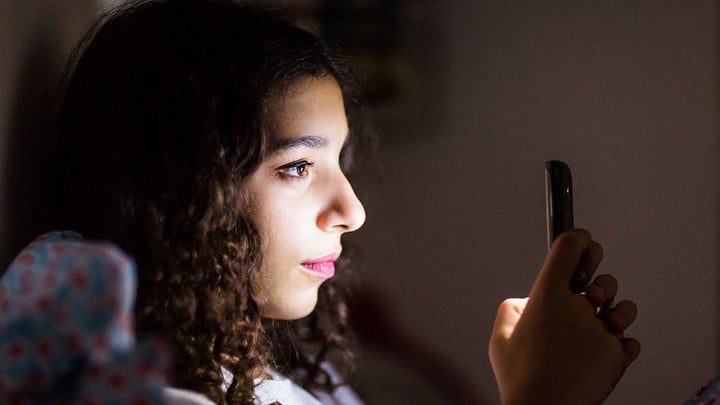
There are still many similar studies. For most of these news, most people sigh “I am already late”, but for many researchers, social media is becoming an important platform for health research.
A few months ago, the University of Keele published a behavioral study on autistic children. The paper did not use interviews and questionnaires, but instead used YouTube videos. The researchers used artificial intelligence to analyze the limb movements of children with autism in the video.
Associated by Professor Bappaditya Mandal introduction, the research team grabbed YouTube videos to build a database, and re-edited for further analysis, research adoption The algorithm for tracking epilepsy patients is identified because autistic patients have a higher incidence of epilepsy.
This study aims to identify the factors that trigger autism episodes and which parts of the body are most affected to help doctors diagnose more quickly. In the past, such assessments often required a series of laboratory equipment or Invasive biosensors can do this.
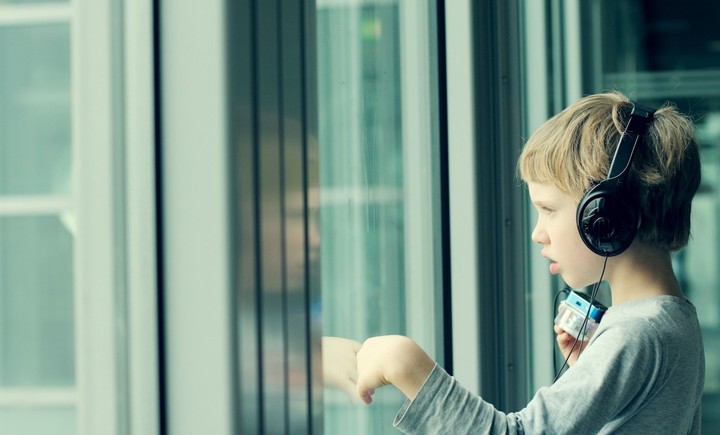
▲Image from: medium
However, such research using web platform data as a research sample will also involve privacy issues. Mandal said that these YouTube videos for research were uploaded by parents of some autistic patients in the autism charity, and that the analysis did not require recognition of the face of children with autism, and only AI was asked to analyze their body language.
This is not the first study to study autism through video. The American company called Cognoa is through video analysis. The artificial intelligence platform for detecting children with autism, the first US-based diagnostic medical device approved by the US Food and Drug Administration (FDA) for Class II diagnostic medical devices for autism screening, is reported to have an accuracy rate of 80%.
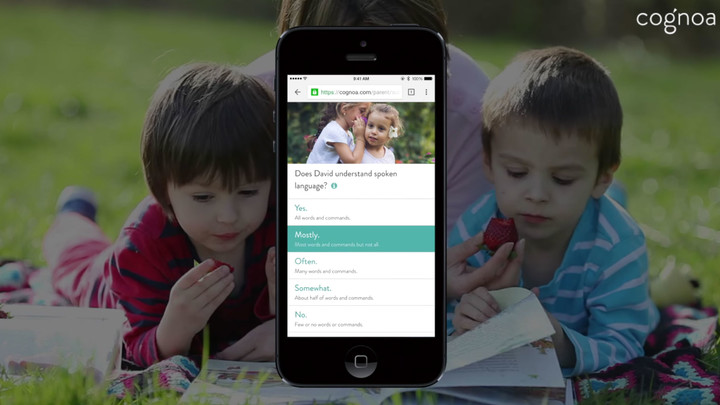
Cognoa CEO Brent Vaughan Thinking that early diagnosis through AI may change the fate of autistic patients ;
We know that early and more accurate diagnosis of behavioral health can create a different outcome for children and their families, a far-reaching, unmet need.
This type of way to assess people’s health through digital products such as social media and smartphones is called digital phenotyping has evolved into an emerging field of research.
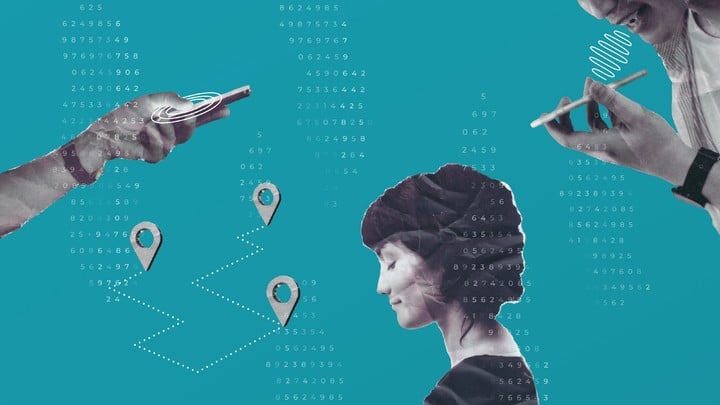
▲ Image from: medium
In addition to YouTube, many researchers are using a wealth of information on social platforms such as Facebook, Twitter, and Instagram to research diseases such as AIDS, obesity, and Parkinson’s, and even predict the possible suicidal behavior.
In the recent past Facebook, for the first time, trying to share public data on how people talk about suicide from the platform, let experts Institutions and academic institutes discover bad information on Facebook and Instagram, then research the information and monitor and intervene users. Previously, Facebook had used AI to discover users who might have suicidal thoughts.

The California mental health startup Mindstrong Health has developed a platform to monitor user mobile phone usage habits by observing user touch screens and pointHit the screen to understand the emotions and memory changes associated with depression.

Atlanta also has a digital healthcare company Sharecare that provides an app that analyzes the emotions of users when they talk, and Words such as “domination” and “favorite” can be used to express the relationship between you and the caller.
